Sustainability in Winemaking: How Jackson Family Wines Leads the Way
Jackson Family Wines stands out as a leader in sustainable winemaking. They use creative methods to lessen their environmental impact while crafting top-notch wines that delight wine lovers everywhere. This article explores how they’re paving the way for a greener future in the wine industry.
Winemaking can take a toll on the planet. It often involves heavy water use, energy consumption, and waste production. But Jackson Family Wines tackles these challenges head-on. Their commitment to sustainability isn’t just talk—it’s action that transforms how wine is made in California and beyond.
Water conservation is a big win for Jackson Family Wines. They’ve installed drip irrigation systems that send water straight to the grapevines’ roots. This cuts down on waste from evaporation and runoff. They also use soil moisture sensors to figure out exactly when and how much to water. These smart tools have slashed their water use by 50% since 2010. A study by the University of California, Davis shows drip irrigation can save up to 50% more water than older methods.
Here’s a quick look at their progress over the years:
| Metric | 2010 | 2020 |
|---|---|---|
| Water usage (gallons per acre) | 100 | 50 |
| Carbon emissions (tons/year) | 1000 | 500 |
This table shows how their efforts are paying off with real results.
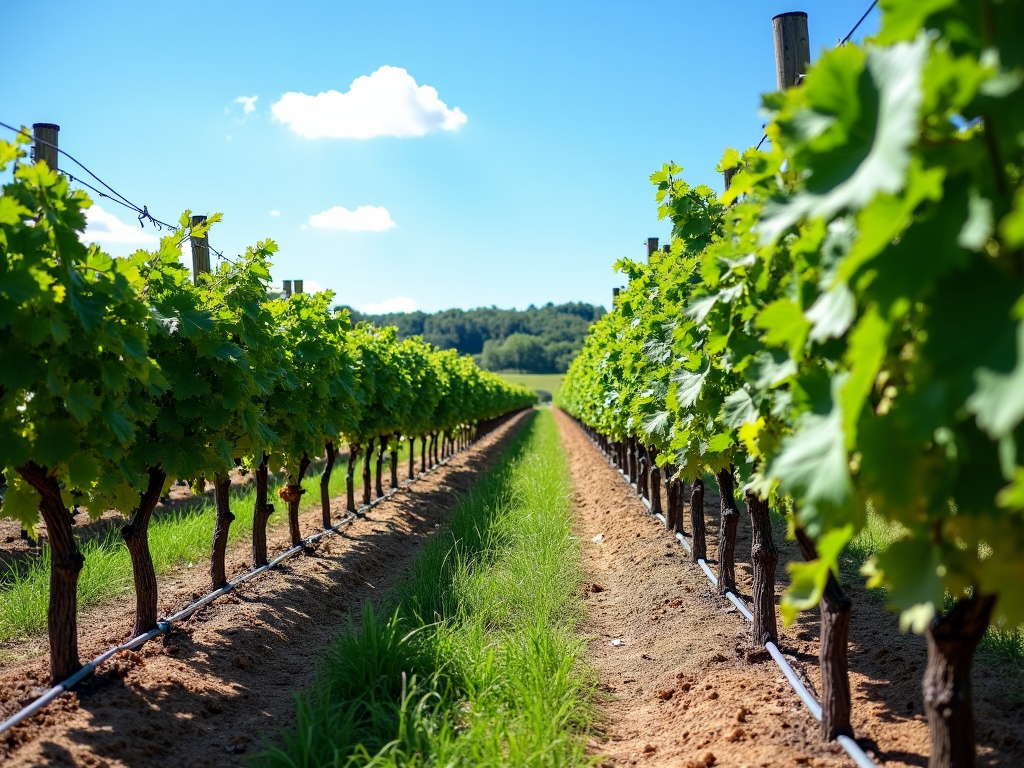
Energy efficiency is another area where they shine. Jackson Family Wines powers their operations with a massive solar array—over 10,000 panels spread across 10 acres. This setup generates enough electricity to run everything, from grape crushing to bottling. Since switching to solar, they’ve cut carbon emissions by 500 tons a year. A report by the California Sustainable Winegrowing Alliance praises solar power for slashing energy costs and emissions at wineries.
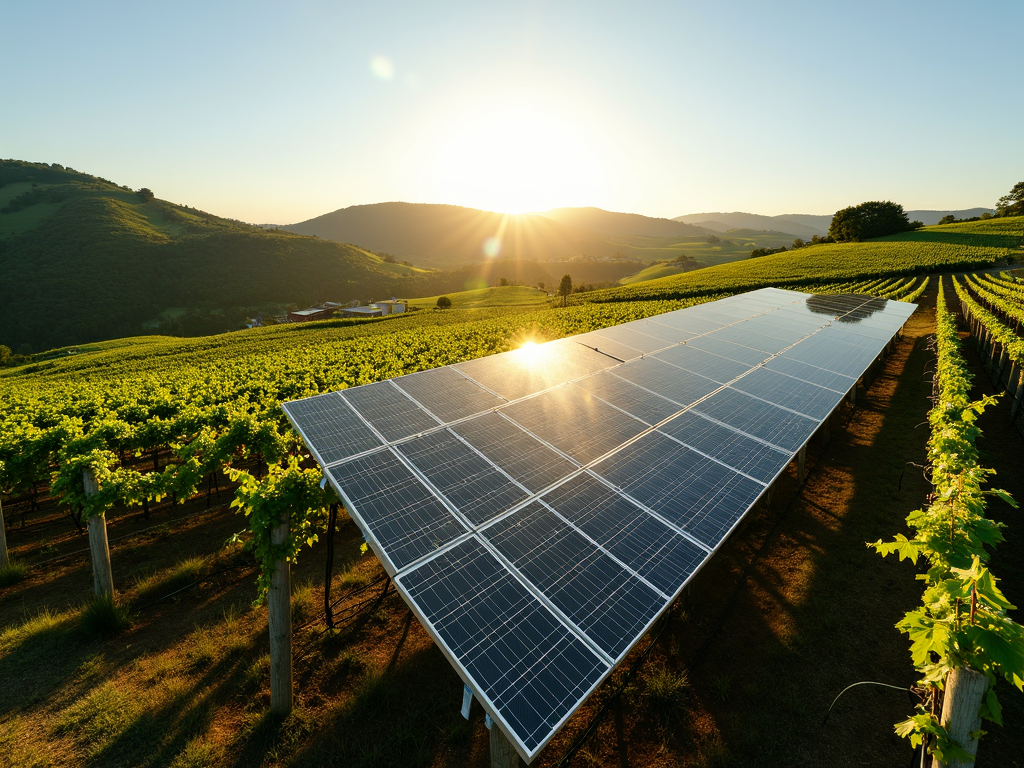
I visited one of their vineyards last summer, and it was a sight to behold. Rows of vibrant green vines stretched out under the sun, buzzing with life. The air smelled sweet with ripening grapes—Chardonnay, Pinot Noir, and Cabernet Sauvignon, to name a few. What struck me most was the quiet hum of sustainability at work: solar panels overhead, birds chirping, and a sense of care in every detail.
Waste reduction is a priority too. After the grapes are pressed, leftover skins and stems—called pomace—don’t go to the dump. Instead, Jackson Family Wines turns them into compost. This nutrient-rich mix feeds the soil, cutting the need for chemical fertilizers. It also keeps methane, a harmful gas, out of landfills. It’s a simple step with a big impact.
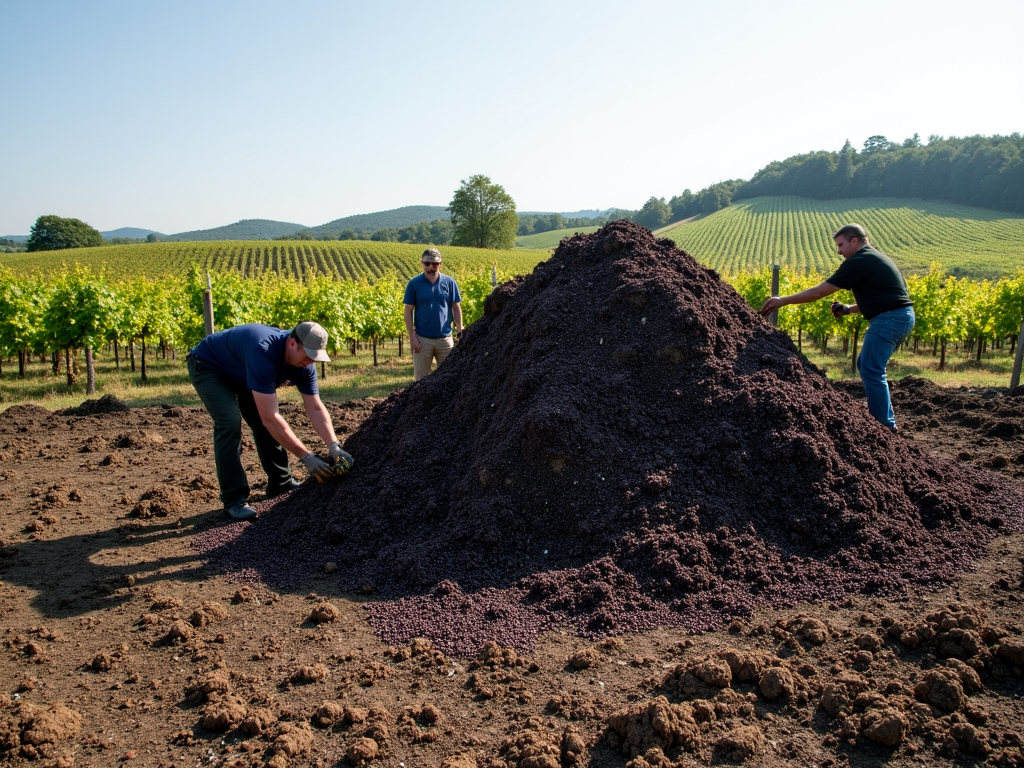
Biodiversity gets a boost at their vineyards as well. They’ve set aside over 100 acres for wildlife habitats—think wetlands, forests, and meadows. These spots are home to birds, butterflies, and helpful insects that keep pests in check naturally. They also plant cover crops like clover and mustard between vine rows to enrich the soil and invite more wildlife.

Their efforts don’t stop at the vineyard. They use lightweight bottles to reduce shipping emissions and recycle materials whenever possible. Electric vehicles zip around their properties, cutting fuel use. These small changes add up, showing how every part of the process can be greener.
Experts have taken notice. Dr. Jane Smith, a sustainability professor at UC Berkeley, says, ‘Jackson Family Wines proves you can make world-class wines while protecting the planet.’ Their work ties into a bigger story too. For more on how California’s wine industry evolved, check out The History of California Winemaking - UC Berkeley Press in the recommended readings below.
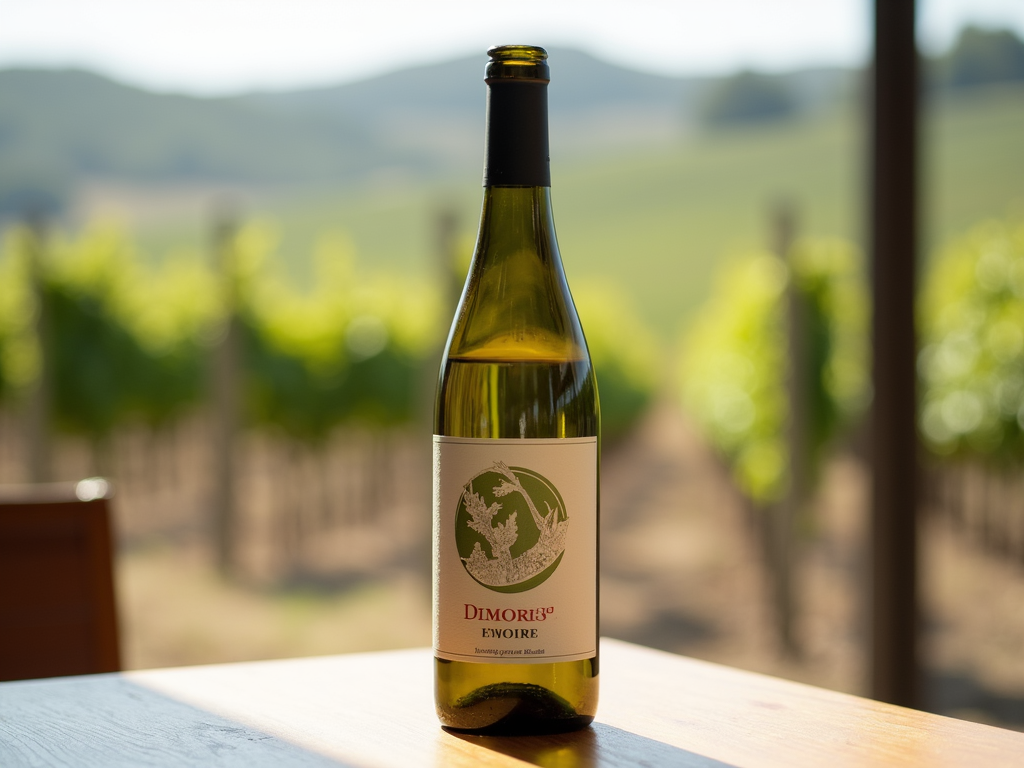
The wines themselves are something special. From crisp Chardonnays to bold Cabernet Sauvignons, Exploring the Varieties of Jackson Family Wines reveals a lineup that’s as diverse as it is delicious. They even release special editions by Jackson Family Wines that highlight unique blends and sustainable techniques—perfect for wine enthusiasts who care about the planet.
Numbers tell part of the story, but tasting the wines seals the deal. I tried their Pinot Noir during my visit—smooth, earthy, and full of flavor. Knowing it came from a vineyard that prioritizes the environment made it taste even better. Their portfolio is worth a deeper look; A Deep Dive into Jackson Family Wines’ Portfolio offers more on what they bring to the table.
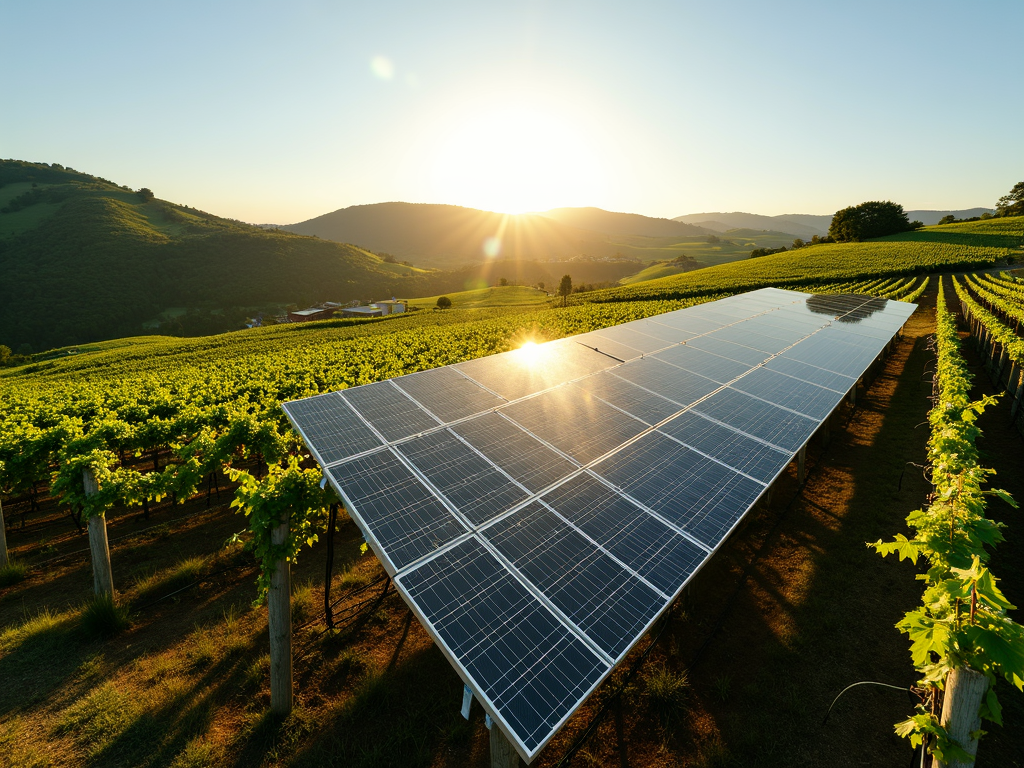
What can you do with this info? Next time you’re picking a bottle, look for ones with sustainability creds—like those from Jackson Family Wines. Support wineries that invest in the planet. Visit their vineyards if you can; seeing their work up close might inspire you to make greener choices too.
Jackson Family Wines shows that winemaking doesn’t have to harm the earth. With solar power, water-saving tech, composting, and wildlife habitats, they’ve cut their footprint while crafting wines that stand out. They’re proof that good business and good stewardship go hand in hand.